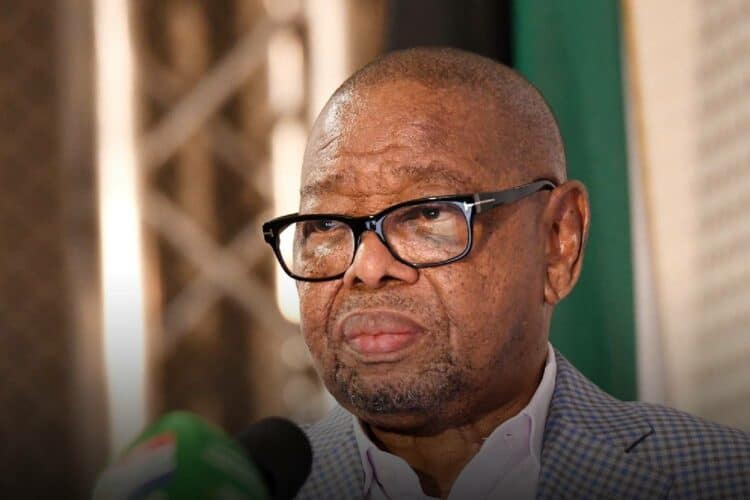Higher Education Minister Blade Nzimande has been ordered by the North Gauteng High Court to reverse his decision to place the University of South Africa (UNISA) under administration.
High court foils Blade Nzimande plans to keep UNISA under administration
The court’s ruling came on the heels of an urgent application filed by UNISA’s council.
The application was submitted shortly after Nzimande disclosed his intent to finalise the university’s administrative takeover. Initially, Nzimande’s course of action was fueled by rising concerns over alleged financial mismanagement and maladministration within UNISA.
Prior to this development, several independent evaluations had highlighted significant issues with UNISA’s financial and governance practices.
These evaluations led Nzimande to issue a firm ultimatum to the university council, demanding a strong justification against the proposed takeover.
Ishmael Mnisi, spokesperson for Nzimande, clarified that the decision had been deferred “on mutual agreement that the period for written representations be extended to 4 September.”
Despite this extension, UNISA’s council failed to provide any substantial response for over a month. During this period, the council continued its regular operations, seemingly unfazed by Nzimande’s looming decision.
This absence of a significant reply from the council became a pivotal factor in Nzimande’s initial decision to proceed with the administrative takeover.
“It is declared that the Minister’s decision published in Government Gazette number 49582 Vol. 700 dated 27 October 2023 is in breach of the order granted on 24 August 2023 by honourable Adams J, and unlawful. The Minister must immediately retract the Government Gazette number 49582 Vol. 700 dated 27 October 2023; costs are to be costs in the urgent application,” the court ruled.
However, the recent court ruling has momentarily halted any immediate changes to UNISA’s governance structure.
Nzimande’s initial move was largely influenced by the Independent Assessor’s Report.
This report presented evidence against Vice-Chancellor Professor Puleng Lenkabula and revealed UNISA’s failure to meet its mandate. Despite these findings, the university has contested the report, maintaining that it is not on the verge of collapse as the report suggests.
With the court’s verdict, the future governance and administrative structure of UNISA remains uncertain. The ruling may have broader implications for the Ministry of Higher Education as it grapples with issues of governance and financial management in other educational institutions.






